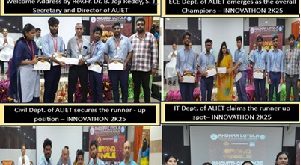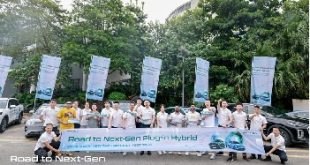On this World Water Day 2024, we confront the uncomfortable situation of India’s stark water challenge, a situation of water scarcity and deluge, often in the same place. Some of the simple technologies to reduce water wastage at home are:
1) Water-Efficient Appliances- like washing machines and dishwashers, Low-flow Faucets and Shower-heads. These keep the pressure but use less water,
2) Water-Saving Aerators – Can be fit on existing taps to reduce water
3) High-Efficiency Toilets (or at least have tank-inserts, that reduce the amount of water flushed), mopping machines
4) Smart Water Meters – Providing real-time data that helps improve water use
5) Smart Leak Detection Systems – Alerting homeowners about leaks
6) Xeriscaping- Using drought resistant plants and mulch to reduce garden water requirements
7) Drip Irrigation Kits- Efficiently delivering water to plants, minimising wastage.
Individuals must realise the reality of water scarcity and do whatever is possible to conserve water. While continuing to pressure the local government for improved facilities, I would also suggest that we reduce dependence on government, and depend on one’s own capabilities and the local community. Make sure to have adequate provisions for water storage, and build rainwater harvesting tanks, grey-water recycling systems, and permeable pavements that help groundwater recharge. Do these conservation activities individually or collectively at the community or RWA level.
The largest consumer of water is farming, with approximately 70% of water going to the sector, which is not only subsidised but often very unregulated and inefficient. What can an ordinary person do? Increase the diet of pulses, potatoes, and root vegetables with a lower water production requirement. Market demand will drive farmers’ increased production in that direction. India has a massive rice surplus, with around 62 million tonnes, and some studies estimate that a minimum of 2500 litres of water is required to produce 1 kg of rice.
Today along with government, civil society and individual action, we also need the corporate sector to be a partner to sustainable solutions to complex environmental challenges. Let’s conserve, innovate, and ensure that every drop counts. Together, we can secure a sustainable future where clean water flows freely for generations to come.
– By Dr Ajith Chandran, Chair – IET Water Working Group
 Newspatrolling.com News cum Content Syndication Portal Online
Newspatrolling.com News cum Content Syndication Portal Online







